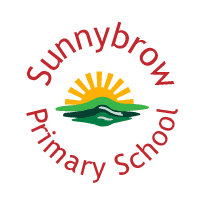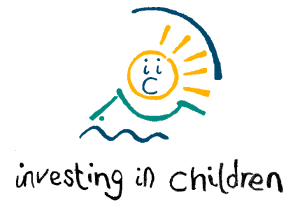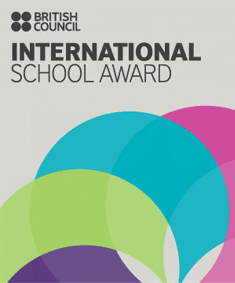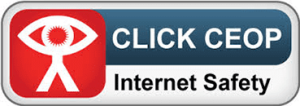Inclusive education means supporting all pupils to learn, contribute and participate in all aspects of school life alongside their peers. Our curriculum includes, not only the formal requirements of the Early Years Foundation Stage Curriculum / National Curriculum, but also a range of additional opportunities to enrich the experiences of all pupils.
The Curriculum also included the social aspects that are essential for lifelong learning, personal growth and development of independence.
Sunnybrow Primary School prides itself in being very inclusive and will endeavour to support every child regardless of their level of need. All pupils follow the National Curriculum or Early Years Foundation Stage curriculum at a level and a pace that is appropriate to their abilities. At times and when it is felt appropriate, modifications to the curriculum may be implemented.
To successfully match pupil ability to the curriculum there are some actions we may take to achieve this:
- Ensure that all pupils have access to the school curriculum and all school activities.
- Help all pupils achieve to the best of their abilities, despite any difficulty or disability they may have.
- Ensure that teaching staff are aware of and sensitive to the needs of all pupils, teaching pupils in a way that is more appropriate to their needs.
- Support pupils so that they gain in confidence and improve their self-esteem.
- Work in partnership with parents/ carers, pupils and relevant external agencies in order to provide for children’s special educational needs and disabilities.
- Identify at the earliest opportunity, all children that need special consideration to support their needs (whether these are educational, social, physical or emotional)
- Make suitable provision for children with SEND to fully develop their abilities, interests and aptitudes and gain maximum access to the curriculum.
- Ensure that all children with SEND are fully included in all activities of the school in order to promote the highest levels of achievement.
- Promote self worth and enthusiasm by encouraging independence at all age and ability levels.
- Give every child the entitlement to a sense of achievement.
- Regularly review the policy and practice in order to achieve best practice.
How we support SEN
Special Educational Needs and/or a disability can affect many children throughout their school career and beyond. Whilst disabilities generally affect children long term, not all SEND difficulties should be seen as life-long. SEND is seen by our school as the child requiring provision that is additional to or different from the rest of the class. Here at Sunnybrow Primary School we understand that every child is unique and a carefully planned approach is needed.
Our school recognises there are particular groups of pupils whose circumstances require additional consideration by those who work with them to support their SEN. Some children, at some time in their school life might have additional or different needs and it may be that they will be on our SEN register for a short period or a long period of time. However, children’s needs will be frequently reassessed regularly in order to ensure that the provision is suitable and supports every child’s development.
Our SENCO (Mrs Sim) oversees the operation of the SEN Policy and works alongside class teachers to coordinate provision for children with SEN. The class teacher will plan for the child and use regular assessments to ensure that progress in every area is made. This is Quality First Teaching and is where the work is highly differentiated and suits the needs of all children, it comes in the form of a lesson rather than an intervention programme.
Alongside Quality First Teaching, that your child will receive in lessons, there may be a Teaching Assistant (TA) working with your child, either individually or as part of a group, if this is seen as necessary by the class teacher. Children may be taken out of the classroom for additional teaching sessions or intervention.
Who will explain this to me?
Children at Sunnybrow that are receiving additional support and intervention programmes have a Support Plan. Parents are invited into school to review and discuss support and progress with staff every term around the same time as Parent Consultations. The children also meet with their teacher or the SENCO to discuss their Support Plan using Talking Mats to help them communicate their thoughts and feelings. This allows the children to share their views and opinions and gives them ownership of their Support Plan.








